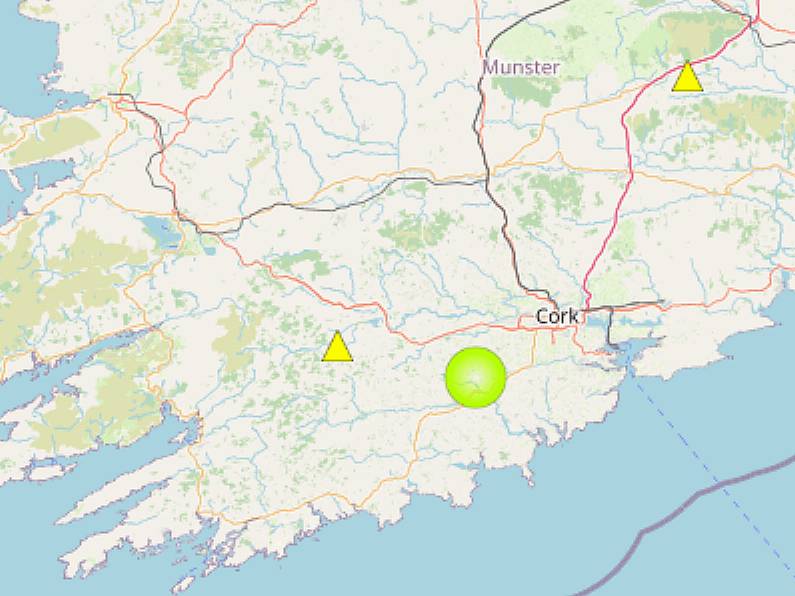By Eamon Quinn
A leading adviser on household debt has called on the Central Bank to do more research on the fate of tenants after banks have sold off landlords’ property loans to vulture funds.
Paul Joyce, senior policy analyst at the Free Legal Advice Centres, or Flac, said thousands of tenants were being overlooked by officials in the debate about the sale by Irish banks of distressed loans held by landlords on their buy-to-let properties.
Both the Central Bank and Finance Minister Paschal Donohoe have endorsed the policy of lenders selling off billions worth of non-performing loans, of both buy-to-let and of individual homeowners.
The Central Bank has repeatedly said the same regulatory consumer protections apply, no matter who owns the loans.
The treatment of tenants “is being forgotten”, when landlord loans are sold on to vulture funds, or when the rental properties are repossessed, said Mr Joyce.
Two new reports by the Central Bank have thrown more light on non-performing loan sales.
Cures and Exits: the drivers of NPL resolution in Ireland, from 2012 to 2017, by Fergal McCann and Niall McGeever, says banks since the crisis have “experienced substantial delays” in the Irish courts system in their dealings with borrowers.
They say that ‘loan cures’ that return soured loans to performing loans drove the reduction in non-performing loans for homeowners, while so-called ‘loan exits’, involving liquidations, write-offs, and sales, were behind the falls in non-performing commercial property loans.
Both cures and exits drove the reduction in buy-to-let, non-performing mortgages.
The second report, Long-Term Mortgage Arrears in Ireland, by Terry O’Malley, showed the average amount of missed payments on residential mortgages in long-term arrears was €66,409, while 10% of the loans have €129,148 in missed payments.
“They tend to be disproportionately located in areas with the largest falls in income since the 2000s, though many are in Dublin,” the report says.
Central Bank figures published later today, for the second quarter, will unlikely reflect the batch of sales by banks to vulture funds in recent months.






